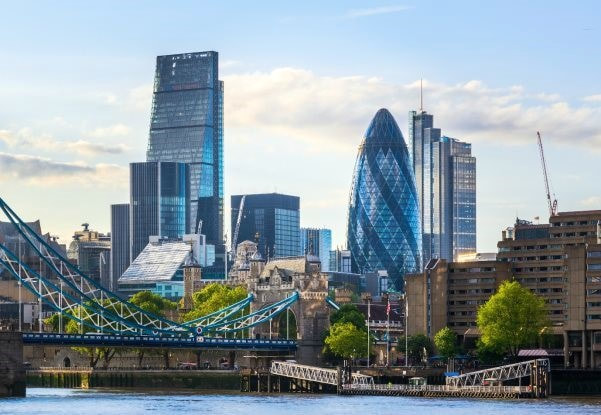25 November 2019
|
| Camfil has published a free white paper explaining how facilities managers can select air filters for both optimised energy performance and indoor air quality. A Facilities Manager's Guide to Choosing Low Energy Air Filters offers advice on quick wins to save energy in buildings by choosing the right air filters for the job. |
Mark Taylor of Camfil said: "We can demonstrate how better air filters will lower total cost of ownership. Our low energy air filter products provide the highest indoor air quality, with the lowest pressure drop, which deliver the biggest energy savings to customers, without compromising air quality.
"Property, estates, FMs, building and energy managers are realising the substantial financial and energy saving opportunities that exist by replacing existing air filters with our award-winning filters. Camfil has delivered ‘identified energy savings' of over £2 million to UK sites by installing low energy air filters in HVAC systems."
The white paper points out that, in the average commercial building, half of the energy bill is for the HVAC system and just under a third of that is directly related to the air filter yet the filtration part of this is often overlooked.
It says: "Procuring the right filter can be a huge benefit to an organisation's energy saving strategy. A badly selected filter can cost over £500 per year. Low energy air filters typically save 30% in energy consumption."
The paper outlines the business challenge facing FMs and goes on to describe the solution. It explains the concept of life cycle cost analysis and includes a worked example. It also explains the new classification for air filters.
Taylor added: "Choosing a high ranked filter can save you up to 20% more energy over the year - per filter. But using the right air filter will not only help you save more energy. It will also help you save money and keep a healthy indoor air quality.
"Maintaining a healthy indoor environment is good for the building inhabitants and clean air results in fewer sick days, increased productivity and greater wellbeing."
"Property, estates, FMs, building and energy managers are realising the substantial financial and energy saving opportunities that exist by replacing existing air filters with our award-winning filters. Camfil has delivered ‘identified energy savings' of over £2 million to UK sites by installing low energy air filters in HVAC systems."
The white paper points out that, in the average commercial building, half of the energy bill is for the HVAC system and just under a third of that is directly related to the air filter yet the filtration part of this is often overlooked.
It says: "Procuring the right filter can be a huge benefit to an organisation's energy saving strategy. A badly selected filter can cost over £500 per year. Low energy air filters typically save 30% in energy consumption."
The paper outlines the business challenge facing FMs and goes on to describe the solution. It explains the concept of life cycle cost analysis and includes a worked example. It also explains the new classification for air filters.
Taylor added: "Choosing a high ranked filter can save you up to 20% more energy over the year - per filter. But using the right air filter will not only help you save more energy. It will also help you save money and keep a healthy indoor air quality.
"Maintaining a healthy indoor environment is good for the building inhabitants and clean air results in fewer sick days, increased productivity and greater wellbeing."
Content continues after advertisements








